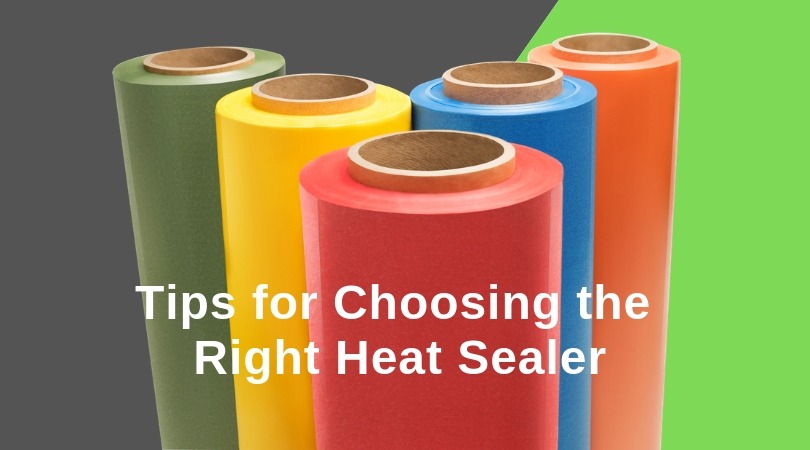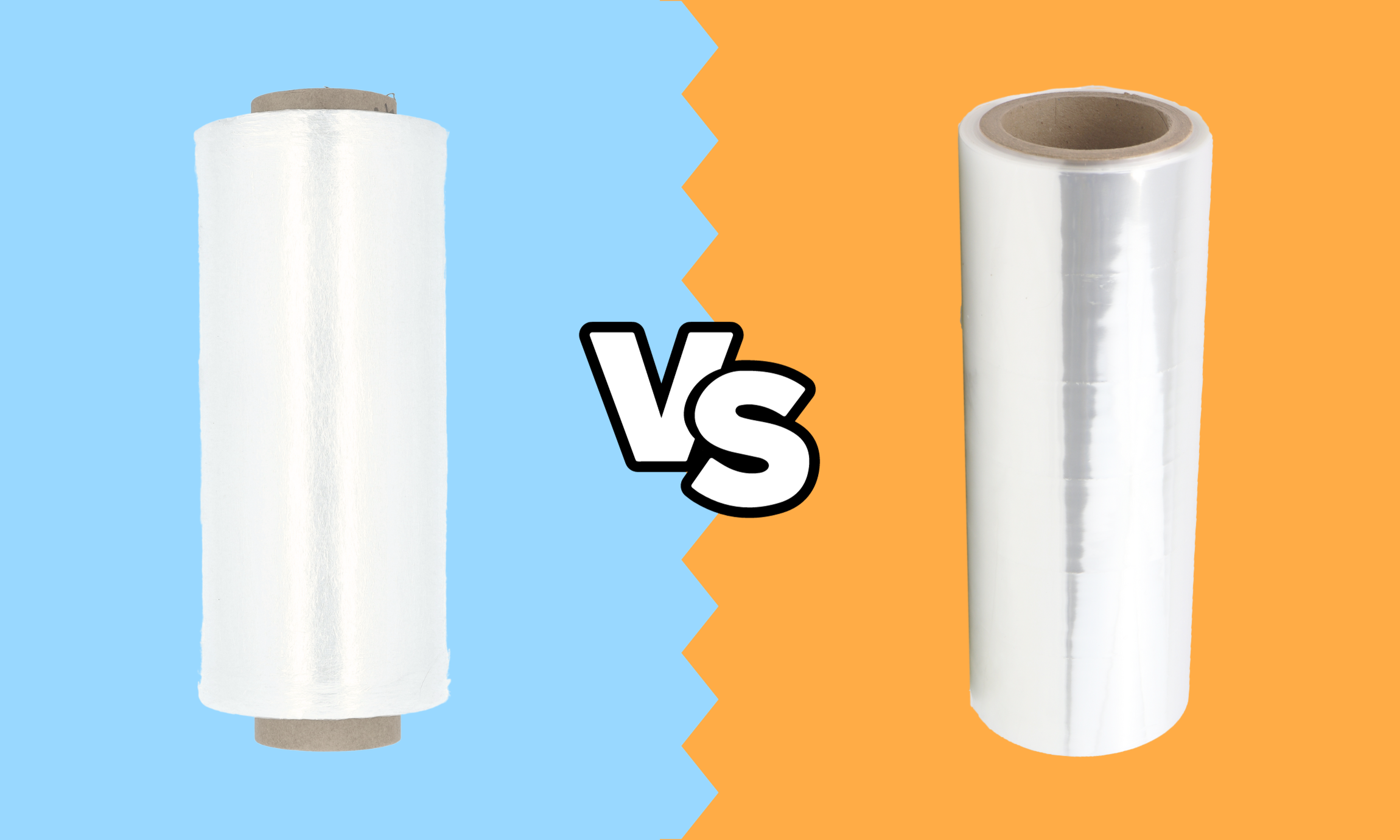Heat sealers are machines that are used for mending both the sides of packaging film together so that it forms an air tight seal. The heat sealers use heat to melt and mend materials together to form a seal. However, it is necessary to understand what materials can be used with the heat sealers. Also, you need to determine the thickness of the packaging film to be used with specific type of sealers.

Common Materials
Many products are sealed using a heat sealer. Most of the flexible materials are measured in mils. Materials that are 1-3 mils thick are considered standard. Materials ranging from 4-8 mils of thickness are medium to heavy. The thicker materials need more heat and thicker seals to mend the material together properly.
Types of Heat Sealers
There are two varieties of heat sealers available on the market - flat wire and round wire. The former is designed for thicker films that are up to 8 mils thick while the latter have thinner seal seams and are generally used for thinner materials.
Round wire sealers - These offer certain benefits over the flat wire sealers. The round wire sealers cut excess film once the seal is done and they also have thinner seal seams that look better. These sealers are often used with Shrink Wrapping. A drawback to the round wire sealers is that they form a thin seal that limits the strength of the seal. They cannot make proper, reliable seals with films thicker than 4 mils.
Flat wire sealers - The flat wire sealers are available in a variety of widths and can be conveniently used with thicker films carrying heavier products. These make a strong, full seal and leave the excess film on the bag itself which can either be used for hanger holes or custom printed headers. They can also be embossed for an added strength to the seal. The only disadvantage with the flat wire sealers is that it doesn't cut down the excess film from the package. In case the film needs to be cut, you would require a separate cutter to do the job.
Depending on the products you must pack, you can now determine which heat sealer would work best for you to refrain from packaging disasters and a bad customer experience.






